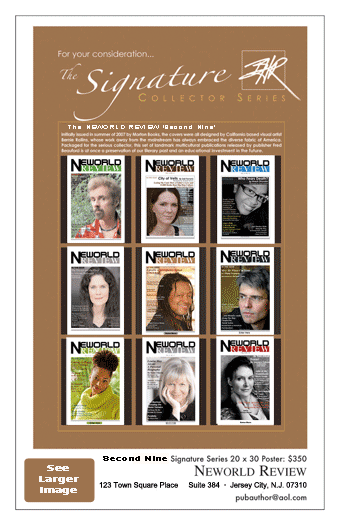
REVIEWING
Traveling in Space
by Steven Paul Leiva
Blüroof Press | 2012 | $14.99 Trade Paperback | $2.99 Kindle
Reviewed by Russell Blackford

Science Fiction with intellectual content and laughs
It is little wonder that the master of the genre, Ray Bradbury, gave his endorsement to Steven Paul Levia's Traveling in Space. In form it's a science fiction narrative, but not one that presents space-opera-style battles, or one that aims at verisimilitude in the manner of hard sci-fi.
Instead, we're given a satirical story in the tradition of books such as Robert A. Heinlein's Stranger in a Strange Land, with which it shares something of a common sensibility, or even Gulliver's Travels.
Look for elements of Menippean satire, such as a fragmented narrative, philosophical debates, and pervasive mockery of both sacred and "commonsense" ideas.
Traveling in Space is sufficiently sprawling and complicated to require a list of dramatis personae to help sort out its characters, which you can do on Leiva's blog (www.stevenpaulleivasthisnthat.blogspot.com/), as well as find out quite a bit more about the book and its author.
The book's satirical force is generated by contact between two mutually baffled intelligent species: a bunch of extraterrestrial aliens traveling in space far from their home world, and human beings here on Earth, whom they encounter and try to understand.
This opens up all sorts of possibilities. The aliens are not bug-eyed monsters, but humanlike beings from a vastly older, technologically superior civilization. They immediately strike Earth men and women as physically gorgeous and fascinating. For their own part, the aliens find us equally fascinating, although physically repulsive.
Many of the aliens' encounters with human beings are downright funny. They see the idiocy of many of our institutions and practices, whether it be religion, war, or prudishness about the body. As the narrative continues, however, and they are confronted by the facts of race, hatred and genocide, the satire takes on a different tone. The aliens still struggle to understand what they're seeing, but their denunciation grows increasingly more bitter (even when the horrors are filtered through the perceptions of the aliens, who examine human conduct in a rather clinical way).
All of this is familiar, of course — many authors have used contact with earthly or extraterrestrial aliens to satirize the ways of human beings — but Traveling in Space takes on an extra layer of complexity as the aliens themselves change, in one way or another, in response to their interactions with us, and as some aspects of their civilization are also shown to be corrupt, unjust, and unsavory.
If, as readers, we start out thinking that the aliens are a noble, uncorrupted people who make humans seem like yahoos by comparison, we soon learn that the situation is not at all so simple.
Both species have something to learn from contact with one another, as it turns out, and the most important learning takes place on the aliens' side. Complications such as these give us much to think about, and I'm sure that Traveling in Space will play on my mind for some time to come.
Russell Blackford is editor-in-chief of The Journal of Evolution and Technology and a Conjoint Lecturer in the School of Humanities and Social Science at the University of Newcastle in Australia. He also writes about Science Fiction. His new book, Freedom of Religion and the Secular State has been published by Wiley-Blackwell.




